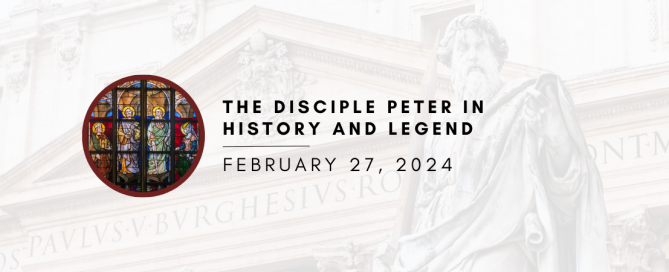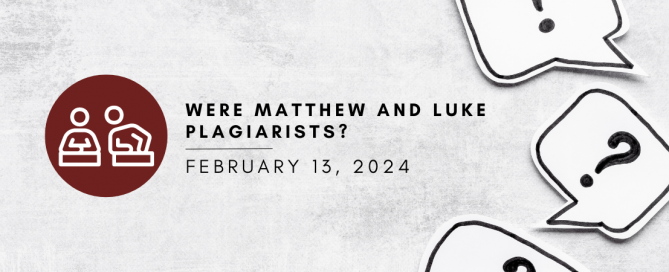Our Controversial Sources About the Controversial Paul
Peter and Mary Magdalene are not the only early followers of Jesus whose lives are shrouded in mystery. What about Paul? As it turns out, of all of Jesus’ female disciples after his life, we have the most information about Mary Magdalene, and of all his male disciples, Peter and Paul. All are mentioned (Mary just briefly) in the New Testament, and all have lots of stories floated about them after the New Testament, and there are writings allegedly by Peter and Paul in the New Testament, and more outside. That’s a lot to go on. But, we have seen in previous posts that information about Peter and Mary is scanty, and much of it unreliable. With Paul we are in better shape, since we really do have letters he wrote available to us (at least 7 of the 13 in the New Testament really do appear to be his). But we also have lots of other material that is … iffy at best. In some ways separating out the fact from the fiction about [...]



